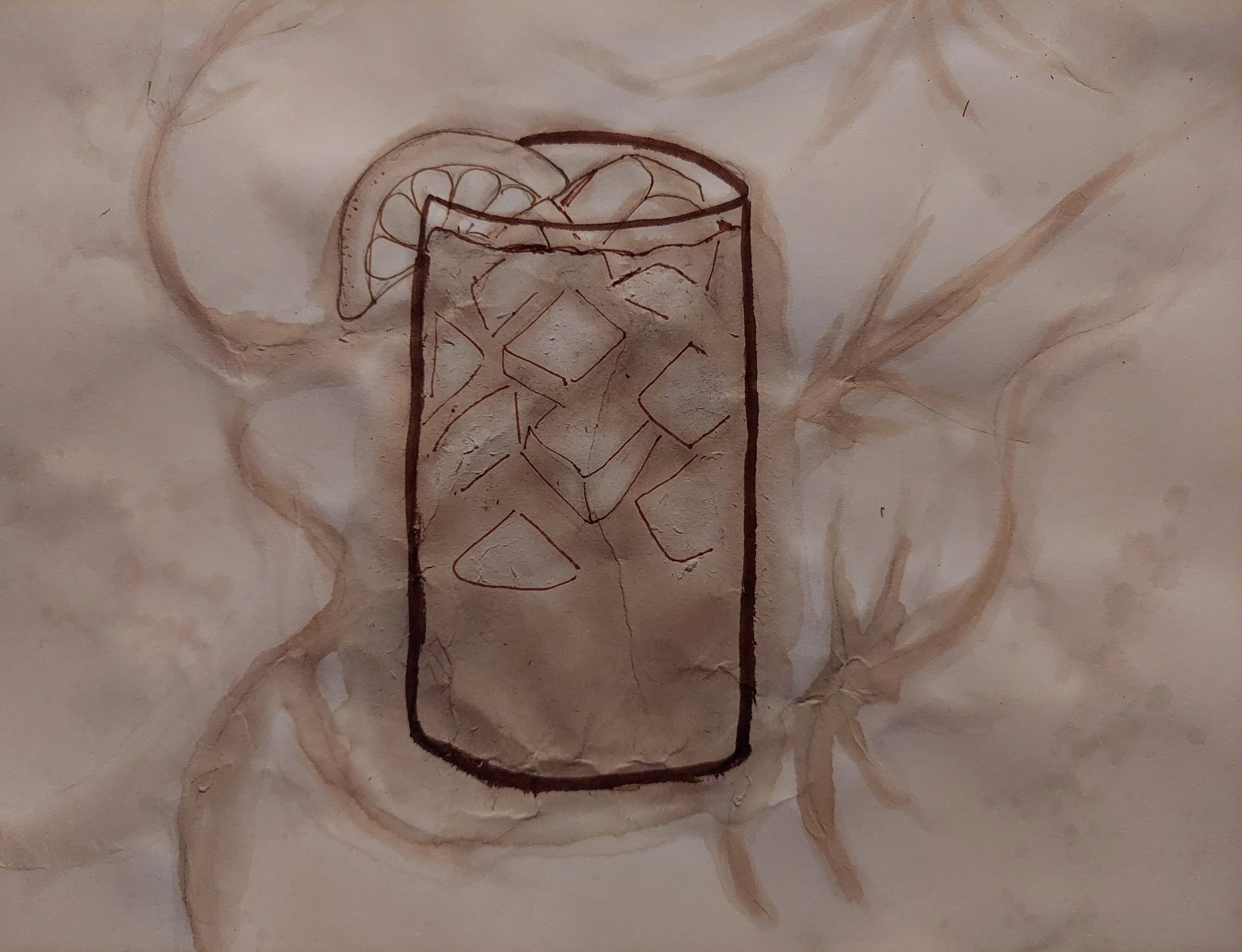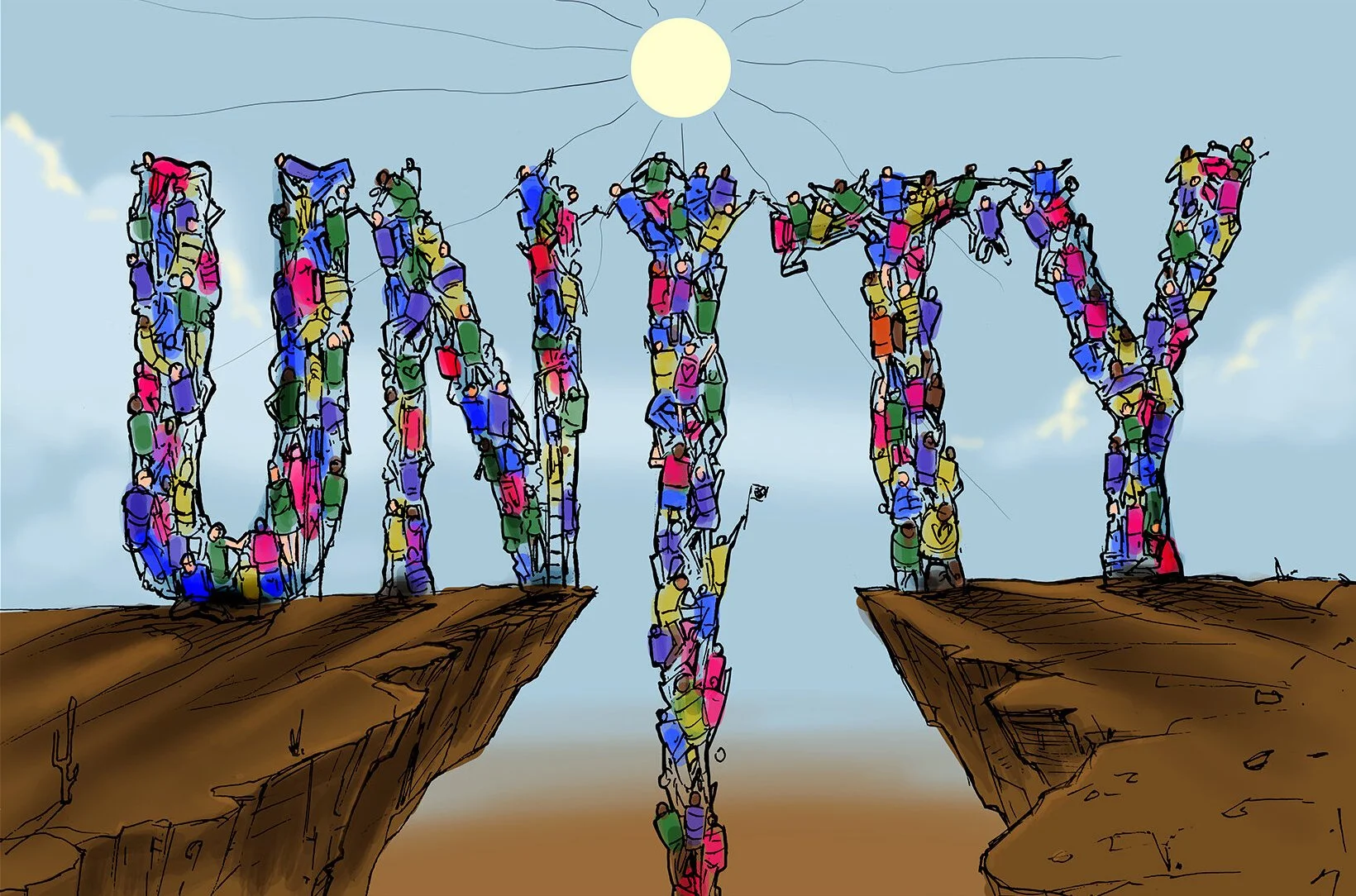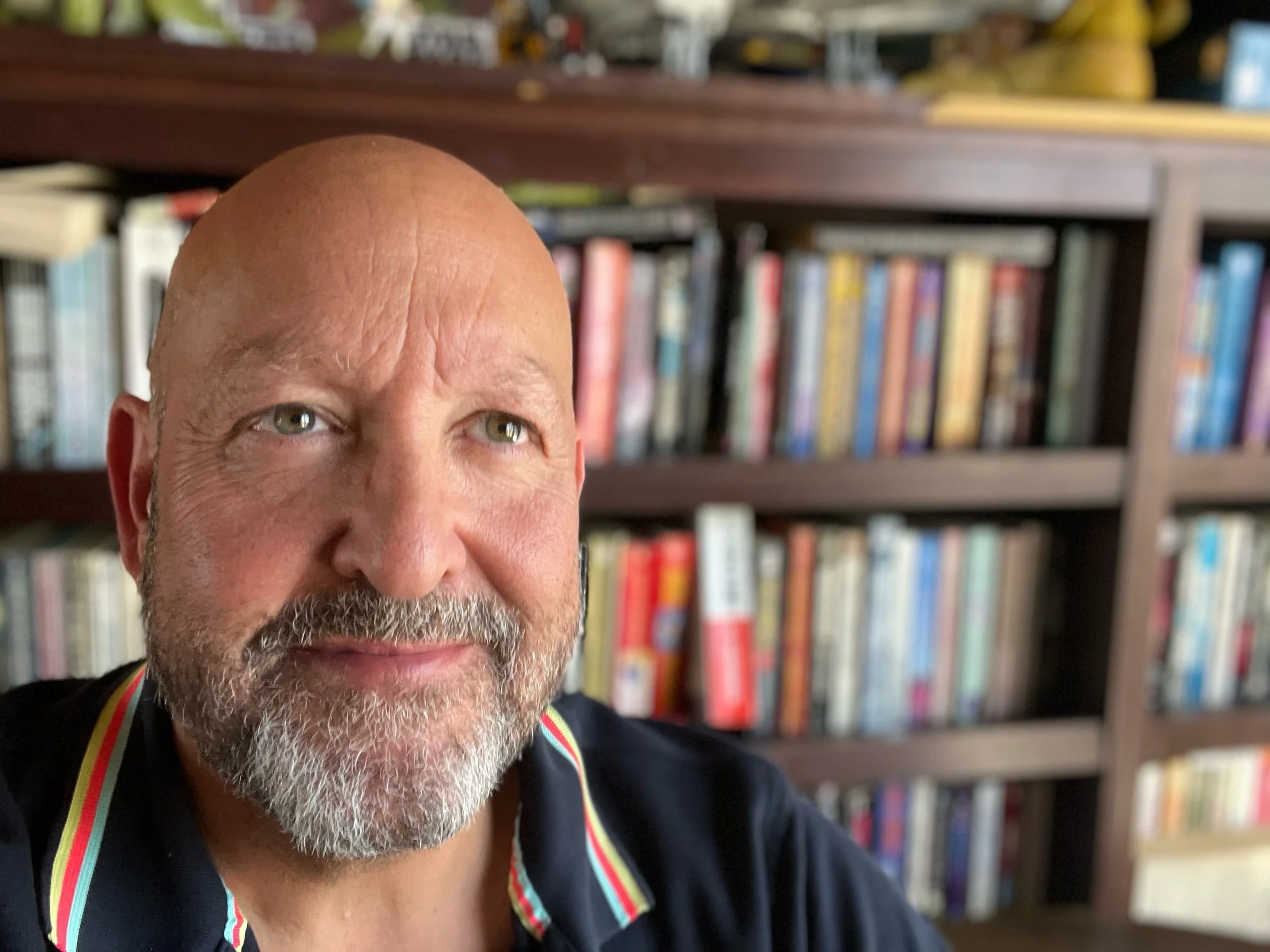By Axie Oh
My first ever in-person critique group I found through the local chapter of the Society of Children’s Book Writers and Illustrators here in Las Vegas. In 2012, I was fresh out of university and excited about pursuing my dream of becoming a published author. Showing up at the first meeting, which was held at a local coffee shop, several printed copies of the first chapter of my novel in hand, I was a bundle of nerves.
By Staff of Nevada Humanities
Every year the Library of Congress hosts the National Book Festival that brings together authors and book lovers from across the United States. After taking place online for the past two years, this year’s National Book Festival will be held in-person at the nation’s capital on September 3 with the theme of Books Bring Us Together.
By Michael P. Branch
After several years of COVID-induced seclusion I’ve been on the road lately, touring my new book, On the Trail of the Jackalope. But my run of 45 book events around the American West sounds impressive only to folks who aren’t writers. As any writer will confess, our readings are often stunningly modest, attended by only a few wayward souls.
By Kesha Westbrooks
I could not imagine while I sat in my cell that my life would become what it has since my release in 2019. I spent almost four years in Florence McClure Women’s Correctional Center for a first offense nonviolent money crime. I couldn’t dream that success was waiting for me on the other side of those gates. I felt like a failure and disappointment to my family.
By Kathleen Kuo
We have all felt moments of nostalgia, waxed nostalgic for times and places alternately lived and not lived in. But I have always wondered, what is nostalgia rooted in, and what is its significance? Attempting to describe nostalgia is like trying to hold onto the last remnants of a dream—how do you explain these ineffable feelings and emotions that wash over you, when they slip away into spaces outside of your vocabulary and knowing?
By Liz Galvez
lemonade and iced tea
half and half
but not Arnold Palmer to me
sweet, soured summer lemonade
seeds swallowed, stuck in my esophagus and made me a lemon tree
medieval Egyptian origins now commodity
A series of poems inspired by Humanities in Nature Walks, Spring-Summer 2022
Read MoreBy Joseph Watson
In these modern times, unification is needed more than it has ever been. Furthermore, the differences between all of us has never been so pronounced. How can we all remain unique and then unite? In Nevada, there are so many different views on life and the way that it should be lived. I believe that we will be stronger if we recognized our commonalities along with our uniqueness and celebrate them more often.
By Harry Fagel
Unity is the theme, and while often trivialized it remains the word describing a path of great importance to our very survival. While writing the poem Touch for the current Nevada Humanities Exhibition Series, Unity: Community, Family, and the Future, I spent hours scouring my mind for the truth of unity, without (hopefully) falling into the trap of cliche or the dismal truth of trite and pithy samplers oft perpetuated by bored crafters and presented for sale at hipster flea markets.
By Kris Vagner
Artists aren’t obligated to make art that “looks like art.” Take the Félix González-Torres piece that’s at the University of Nevada Las Vegas’ Barrick Museum through 2023. It’s an homage to the artist’s partner, who died from AIDS, in the form of a pile of individually wrapped hard candies on a gallery floor.
By Max Stone
Listening to poets in far-reaching areas of the country from the comfort of my couch, bed, kitchen table, or desk has been one of the small benefits of the pandemic. When everything shifted to Zoom, poetry readings became infinitely more accessible. I saw some of my favorite poets read their work in ways that I otherwise would have been unable to experience. These readings were inspiring and uplifting, but I found myself missing the physical presence and connection of other people—as many did.
By Kimberly Roberts
Sometimes a photograph captures more than the material reality contained within the image. This photograph, taken by Nathan Clark in 1931 on a Sierra Club expedition, expresses the club’s most deeply held ideals, constructing a story larger than its own making. An ice cave, silhouetted in reflected light, forms an abstract frame around three figures—Nathan’s brother Lewis, Sierra Club secretary Virginia Ferguson, and Virginia Adams, the wife of photographer Ansel Adams.
By Staff of Nevada Humanities
Nevada Humanities has been having fun outside this spring with Humanities in Nature, an outdoor program that integrates the humanities into an exploration of the natural world, which is part of a joyful collaboration with Truckee Meadows Parks Foundation. These walks have introduced northern Nevada residents to their outdoor environment and encouraged them to explore and reimagine the outdoors through the lens of human connection and creation.
By Dustin Howard
Perhaps the singularly most wonderful and powerful thing about poetry is its ability to connect people across time and space. Poetry transcends age, race, ethnicity, national borders, and even time itself. There’s an element to poetry that, like many art forms, explains the endurance of poetry as an art—the human element. Poetry is one of the few art forms where a work can exist for a thousand years and still have emotional resonance with the reader.
By Heather Lang-Cassera
Not wanting to care
for the pigeons,
their patterns of negative night sky bodies,
not wanting to love
their heart-curved flesh,
too large for the dry riverbeds
of my hands
By Aliza Berlin
I used to feel mournful when I heard stories about people who were never able to fulfill their potential. Nothing was more heartbreaking than wasted time and wilted dreams. I have seen a lot of that in the past few years, and as the constant images of people turning on each other have flooded my screens, I have found myself retreating further into the safety of my home bubble.
By Jeff Fulmer
Growing up in rural West-Central Indiana, I never gave much thought to what kind of career I wanted to have. Sure, parents, especially grandparents, would ask, “What do you want to be when you grow up?” On the playground of Anna Willson Elementary School, kids would pretend to be policemen (now hopefully the more gender-appropriate police officers) or firefighters, race car drivers, professional basketball players, or any number of careers. None of these seemed quite real to me.
By Ms.AyeVee
Like star-crossed lovers
desert rain & neon lights don’t dance often.
on those rare summer nights
they meet and intertwine into a dizzying monsoon of sparkle.
the entire city stops to stare.
By Paul Stoddard
You don’t know what you’re doing;
Do it anyway-
Jump! Don’t look too far out;
It takes many moons to see
The unraveling
By Tomi Simmons
We met on the corner of the coffee shop and Fremont street
Lights blinding us
Pollen hitting the pavement
Butterflies in season
We met in the morning as
I woke up in the midst



















